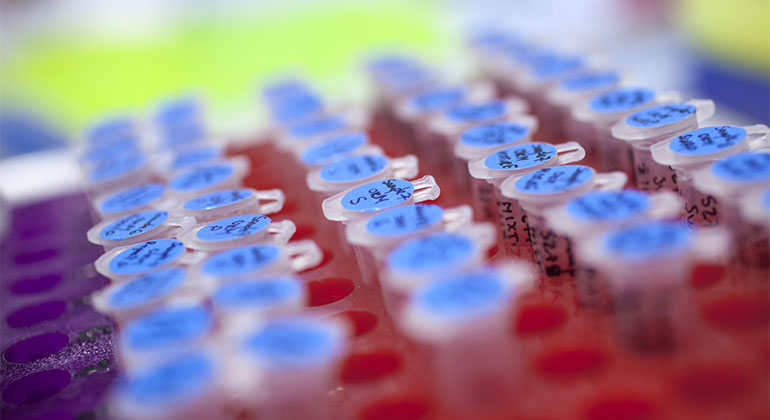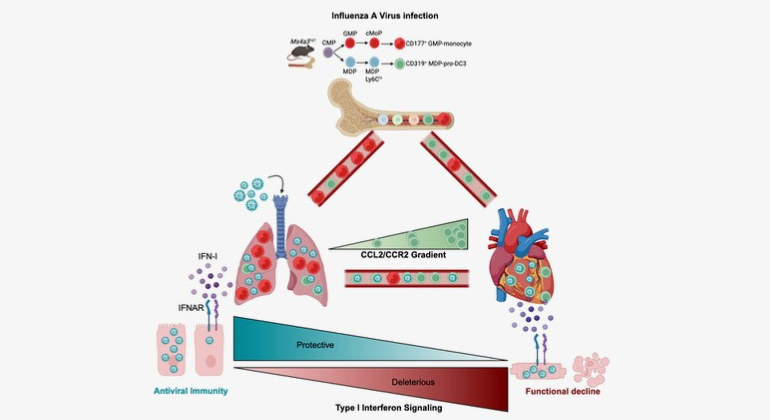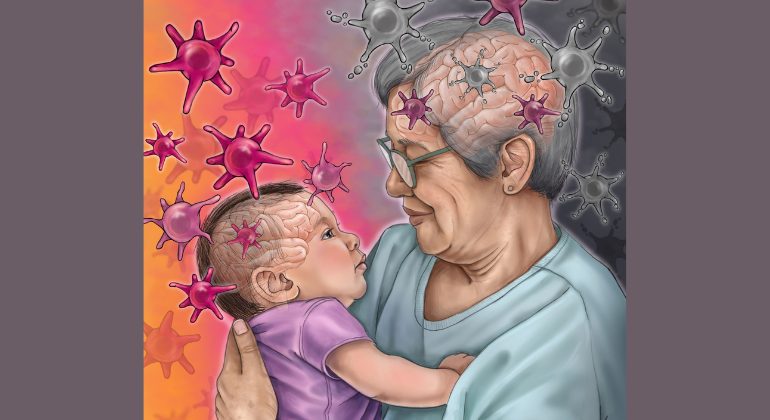Atopic Dermatitis Found To Be an Immune-Driven Disease
For the first time, a team led by researchers at the Icahn School of Medicine at Mount Sinai has proven that atopic dermatitis, also known as eczema, is an immune-driven (autoimmune) disease.
For the first time, a team led by researchers at the Icahn School of Medicine at Mount Sinai has proven that atopic dermatitis, also known as eczema, is an immune-driven (autoimmune) disease at the molecular level. The study, a collaboration with Regeneron Pharmaceuticals, Sanofi and Rockefeller University, was published online earlier this month in the Journal of Allergy and Clinical Immunology.
Past studies had shown that drugs which broadly suppress the immune system reduce symptoms in patients with the disease, but the field had not described in detail the molecular mechanisms involved. Some researchers had argued in the past that genetic or environmental factors were the greater contributors to risk.
In the current study, Emma Guttman-Yassky, MD, PhD, Associate Professor of Dermatology at the Icahn School of Medicine at Mount Sinai and her team of researchers found that dupilumab, a monoclonal antibody treatment that blocks the action of two key signaling proteins, interleukin (IL)-4 and -13,—reversed disease processes seen in the skin of patients at the molecular level. Dupilumab is an experimental drug being development by study partner Regeneron Pharmaceuticals that is currently in clinical trials for several conditions with immune or autoimmune mechanisms.
Interleukins are examples of cytokines, immune proteins that amplify the body’s counteract on invading viruses and bacteria (causing related inflammation), but that can mistakenly target bodily tissues instead as part of autoimmune diseases. Atopic dermatitis is an inflammatory, extremely itchy skin disorder that can cover much of the body in lesions that cause cracks in the skin’s outer barrier, leaving sufferers susceptible to infections.
“Our pioneering study showed that the abnormalities in the skin barrier and in the immune system that characterize atopic dermatitis can be reversed by drugs that narrowly target just these two immune signaling proteins,” said Dr. Guttman-Yassky. In this study, patients treated with dupilumab enjoyed significant clinical improvements compared to those treated with a placebo. These included reversal of the abnormalities that characterize atopic dermatitis in skin tissues within four weeks of the dupilumab treatment.
“This study is the first evaluation of a treatment that targets specific immune proteins in atopic dermatitis where mechanistic changes track closely with clinical measures of disease and relief from it,” said Dr. Guttman-Yassky. “It’s hard to predict how long it may take to complete Phase III studies, but we will probably see new drugs available to treat atopic dermatitis in the next few years.”
As a result of this promising research, the U.S. Food and Drug Administration granted Breakthrough Therapy designation to dupilumab in November 2014 to expedite the development and review of the drug for the treatment of adults with moderate-to-severe atopic dermatitis who are not adequately controlled with topical prescription therapy and/or for whom these treatments are not appropriate.
“Dr. Guttman-Yassky is really changing the world,” said Mark Lebwohl, MD, Sol and Clara Kest Professor of Dermatology and Chair of the Kimberly and Eric J. Waldman Department of Dermatology at the Icahn School of Medicine at Mount Sinai. “She is opening the door to new therapeutic discoveries is helping to improve the quality of lives of patients with eczema,” said Dr. Lebwohl, also president-elect of the American Academy of Dermatology.
About the Mount Sinai Health System
Mount Sinai Health System is one of the largest academic medical systems in the New York metro area, with 48,000 employees working across seven hospitals, more than 400 outpatient practices, more than 600 research and clinical labs, a school of nursing, and a leading school of medicine and graduate education. Mount Sinai advances health for all people, everywhere, by taking on the most complex health care challenges of our time—discovering and applying new scientific learning and knowledge; developing safer, more effective treatments; educating the next generation of medical leaders and innovators; and supporting local communities by delivering high-quality care to all who need it.
Through the integration of its hospitals, labs, and schools, Mount Sinai offers comprehensive health care solutions from birth through geriatrics, leveraging innovative approaches such as artificial intelligence and informatics while keeping patients’ medical and emotional needs at the center of all treatment. The Health System includes approximately 9,000 primary and specialty care physicians and 10 free-standing joint-venture centers throughout the five boroughs of New York City, Westchester, Long Island, and Florida. Hospitals within the System are consistently ranked by Newsweek’s® “The World’s Best Smart Hospitals, Best in State Hospitals, World Best Hospitals and Best Specialty Hospitals” and by U.S. News & World Report's® “Best Hospitals” and “Best Children’s Hospitals.” The Mount Sinai Hospital is on the U.S. News & World Report® “Best Hospitals” Honor Roll for 2025-2026.
For more information, visit https://www.mountsinai.org or find Mount Sinai on Facebook, Instagram, LinkedIn, X, and YouTube.

Mount Sinai Study May Help Cancer Patients Keep Their Bladder
Feb 19, 2026 View All Press Releases
Can Medical AI Lie? Large Study Maps How LLMs Handle Health Misinformation
Feb 09, 2026 View All Press Releases
Mount Sinai Scientists Uncover Link Between Influenza and Heart Disease
Feb 09, 2026 View All Press Releases
New Study Links Altered Cellular States to Brain Structure
Jan 22, 2026 View All Press Releases



